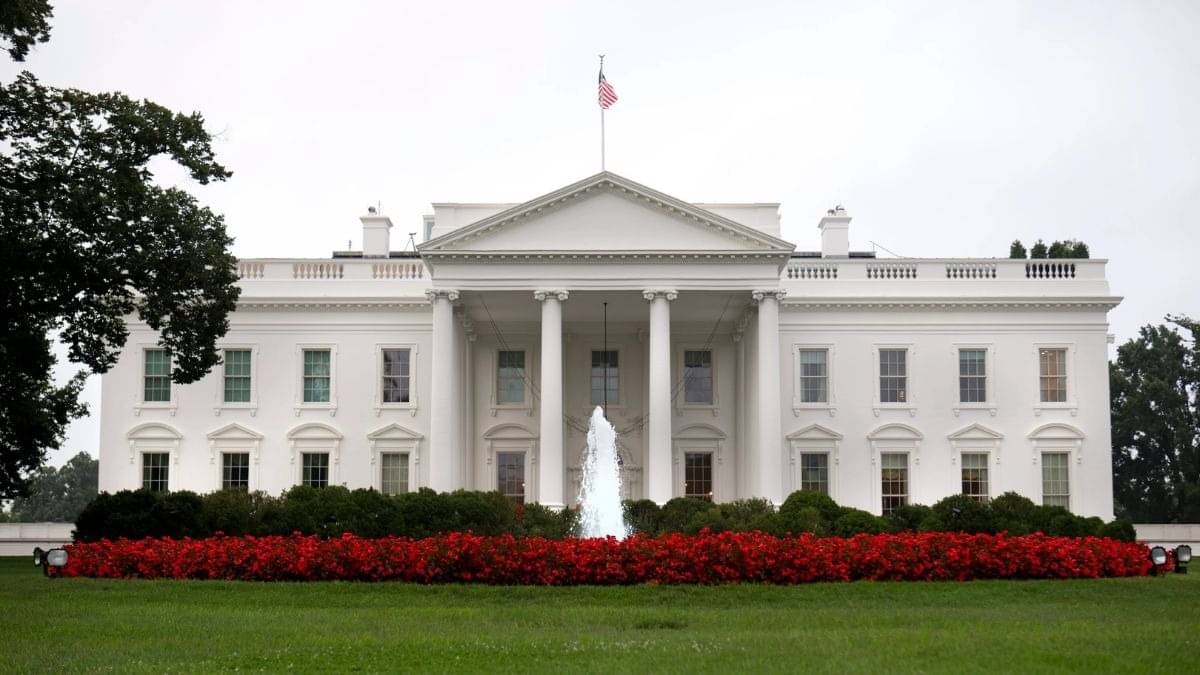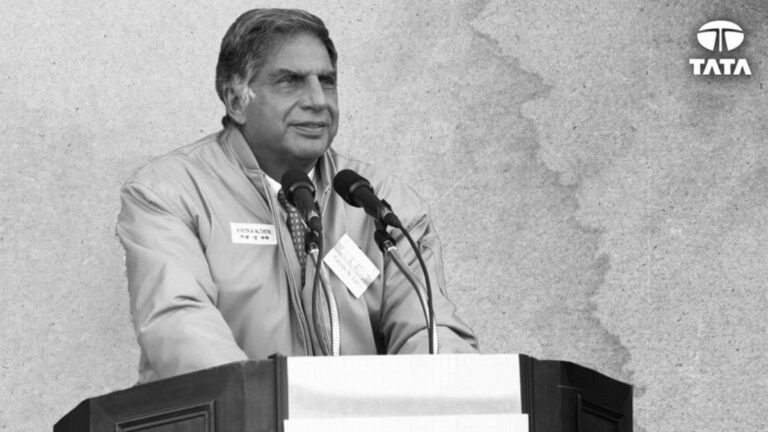The White House | Image: AP
The Trump administration is implementing a revised strategy to influence higher education institutions across the United States. This new approach shifts from previous threats of budget cuts to providing financial incentives aimed at encouraging schools to adopt policies favored by the administration.
This strategic pivot comes on the heels of various legal disputes related to topics such as Pro-Palestinian protests, diversity initiatives, and policies concerning transgender individuals.
As reported by Reuters, the White House circulated a memorandum titled “A Compact for Academic Excellence in Higher Education” to a selection of prestigious universities.
Critics of this new strategy argue that it represents a continued effort by the administration to exert control over higher education, leading to concerns about the preservation of academic freedom and the autonomy of educational institutions.
Key Points of the White House Memo
The memorandum outlines ten specific guidelines that universities must follow to qualify for preferential federal funding. Institutions that agree to these terms will be required to hire an independent auditor to evaluate their compliance, with the results subject to review by the Department of Justice. The key stipulations are as follows:
- Limiting the number of international undergraduate students to a maximum of 15% of total enrollment.
- Ensuring that no single nation accounts for more than 5% of the student body.
- Prohibiting the consideration of race or gender in admissions and hiring processes.
- Freezing tuition rates for a period of five years.
- Requiring standardized tests such as the SAT, ACT, or the Classic Learning Test for applicants.
- Addressing and reducing grade inflation within academic programs.
- Promoting a diversity of viewpoints among students, faculty, and staff.
- Reforming or eliminating offices that are seen to suppress conservative viewpoints, especially those accused of inciting unrest.
- Screening international applicants for alignment with “American and Western values” and checking for any anti-U.S. sentiments.
- Providing full student records, including disciplinary histories, to federal agencies such as Homeland Security and the State Department.
Universities that develop models or values that diverge from these guidelines risk losing federal benefits, while those that comply may find themselves with additional advantages.
Targeted Universities and Their Responses
The memorandum was directed to nine elite universities: Vanderbilt University, Dartmouth College, the University of Pennsylvania, the University of Southern California (USC), the Massachusetts Institute of Technology (MIT), the University of Texas (UT), the University of Arizona, Brown University, and the University of Virginia (UVA).
The University of Texas expressed its eagerness to collaborate with the administration regarding its requirements. Meanwhile, USC and UVA indicated that they are still assessing the proposal. The White House has not responded to requests for comments from Reuters concerning the memorandum.
Amidst these developments, California Governor Gavin Newsom has cautioned that public universities like USC may face reductions in state funding should they decide to adopt the compact, highlighting a potential clash between federal and state priorities.
Also Read: Federal Shutdown Cuts Off Economic Data Vital To Policymakers & Investors
Free Speech Concerns
The proposal has ignited discussions surrounding academic freedom. Tyler Coward, the lead counsel for government affairs at the Foundation for Individual Rights and Expression, remarked to Reuters, “A government that can reward colleges and universities for speech it favors today can punish them for speech it dislikes tomorrow.”
This situation underscores broader concerns that the administration’s incentives could undermine the independence of higher education institutions.
The compact builds upon prior attempts to withhold funding from schools such as Harvard and UCLA for allegedly endorsing “radical left” policies, which encountered significant legal hurdles.
This combination of incentives and penalties continues the administration’s campaign against what it perceives as leftist influences on college campuses, including handling protests and managing ideological units, amidst ongoing legal and public debates.
















